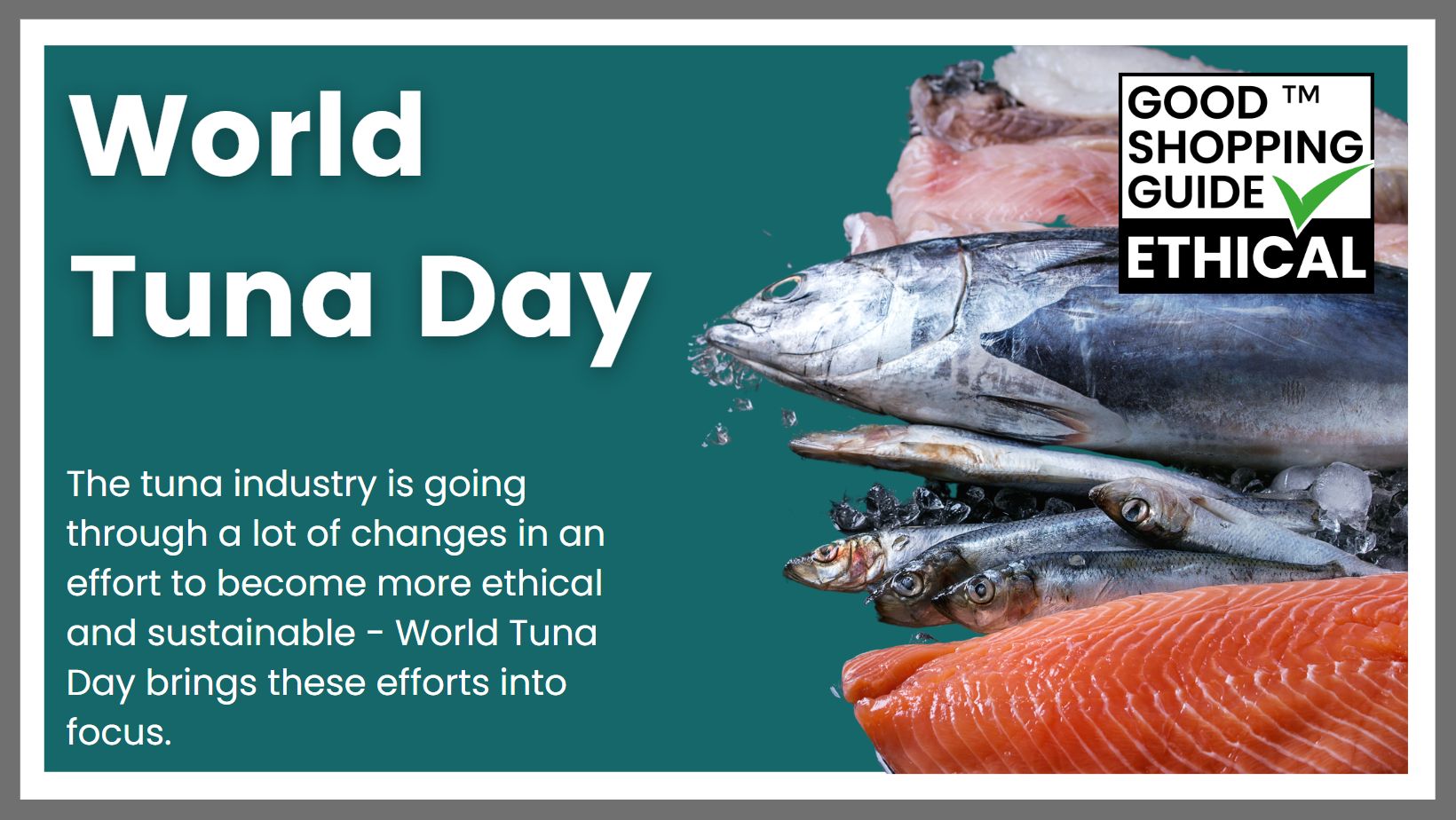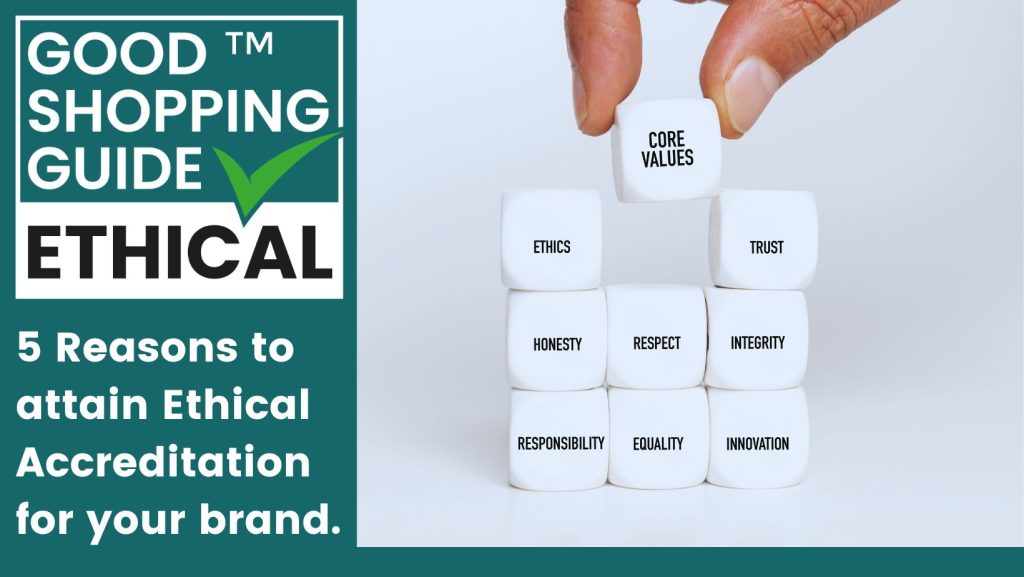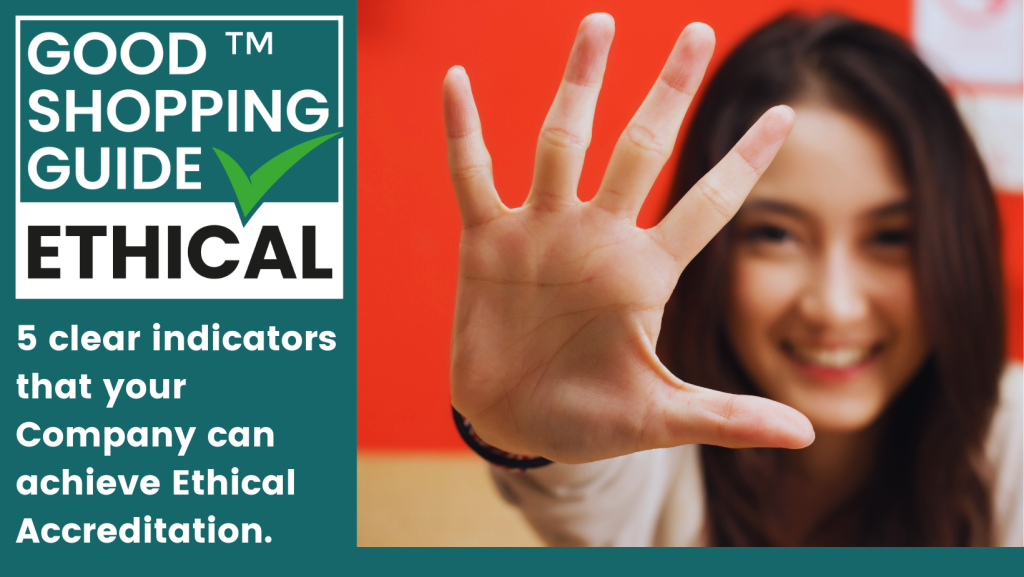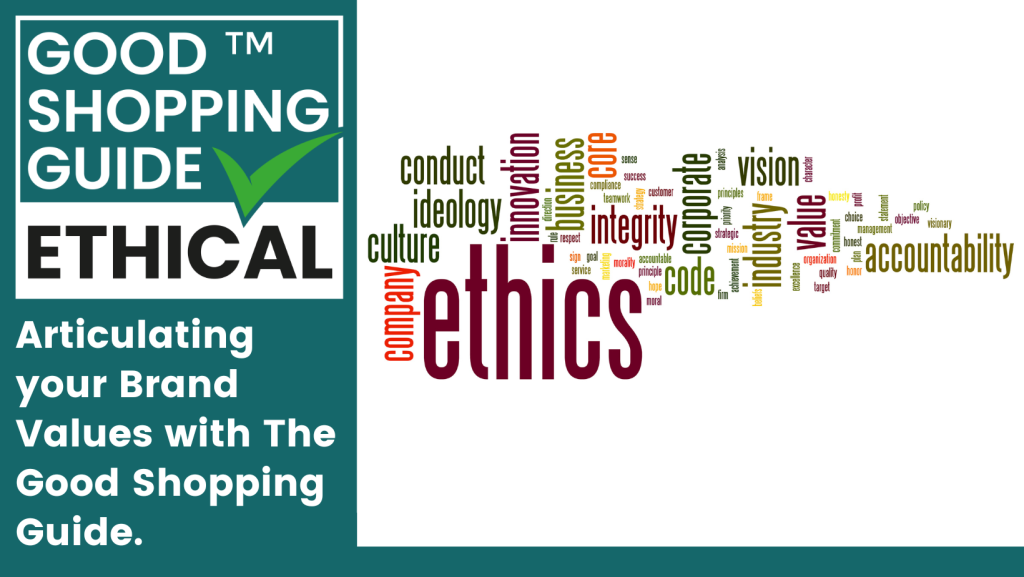It’s World Tuna Day! The UN event aims to promote sustainable management of tuna populations and ethical fishing methods.

Modern technology and new fishing methods have made tuna more affordable, but this has also resulted in a number of ethical and environmental problems.
What is World Tuna Day?
World Tuna Day is a yearly event celebrated on 2nd May to promote sustainable fishing methods and increase public awareness of the value of tuna. In 2016, the United Nations General Assembly responded to a request by the Pacific Island Forum Fisheries Agency (FFA) and other Pacific nations by formally recognising the event.
The major goals of World Tuna Day are to encourage sustainable management of tuna populations and ethical fishing methods. Tuna is one of the most significant commercial fish species in the world, and is a key source of food and income for millions of people. However the long-term sustainability of tuna supplies, as well as the livelihoods of those who depend on them, are under danger due to overfishing and unsustainable fishing methods. The Good Shopping Guide has an ethical ratings table for tinned tuna that can help you to choose the most sustainable brands.
On World Tuna Day, governments, organisations, and individuals come together to spread the word about the significance of sustainable tuna fishing methods. The event strives to promote the adoption of ethical fishing methods, such as the selective use of fishing gear, the reduction of bycatch, and the preservation of tuna ecosystems. It draws attention to the necessity of sustainable fishing methods to guarantee the long-term viability of tuna populations and safeguard those whose lives depend on them, and emphasises the significance of sensible consumption and the necessity of picking tuna products with sustainably derived tuna.
What are the issues with sourcing tuna?
Overfishing is one of the main issues the tuna business has encountered. The Western Pacific Bluefin tuna fishery, then the most valuable tuna fishery in the world, collapsed in the 1980s largely as a result of unsustainable fishing methods. Other species with diminishing stocks, like skipjack and yellowfin tuna, have also suffered greatly from overfishing.
The use of damaging fishing methods, such as purse seining and longlining, which can result in bycatch and environmental devastation, is another problem with the tuna industry. Purse seining is a method that involves enclosing a school of tuna in a big net, which frequently results in the capture of other species as well. Longlining is the practice of using a long line with a large number of hooks, which results in a sizable bycatch of non-target species like sharks, turtles, and seabirds. Millions of marine animals per year die as a result of these fishing techniques, seriously harming marine ecosystems.
What can we do as consumers?
Many companies are now improving the sustainability of their tuna products in addition to seeking ethical certification. Employing more environmentally friendly fishing techniques like pole-and-line fishing, which is a selective and low-impact fishing technique with little influence on bycatch and on marine ecosystems, is one approach. Others are investing in science and technology to make their fishing practises more environmentally friendly, for example by the use of fish aggregating devices (FADs), floating objects that are designed and strategically placed to attract pelagic fish which reduce bycatch and increase fishing effectiveness.
Consumers can contribute to the demand for more moral and ethical tuna products by only purchasing products that are produced using sustainable fishing techniques. By selecting products wisely and supporting businesses and organisations with ethical values, consumers can play a significant part in encouraging sustainability. Our Ethical Ratings Table is a great place to start!
Share
Related articles

Five Reasons Your Brand Should Get Endorsed by The Good Shopping Guide
Signalling to your customers that your brand mirrors their values.

Five clear indicators that your company can achieve Ethical Accreditation
Do you think your company may be eligible for Ethical Accreditation?

Articulating your Brand Values
We help brands communicate their ethical values through independent Ethical Accreditation.